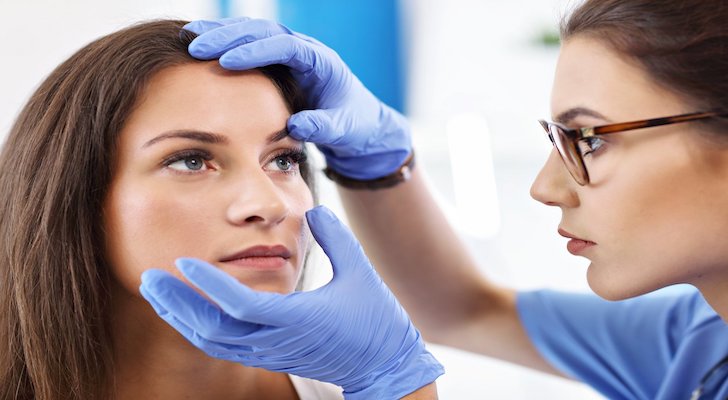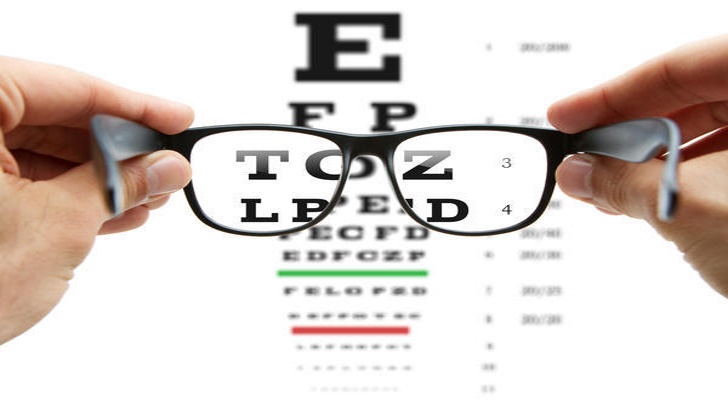What Causes Dry Eye Disease? Dry Eyes Signs and Symptoms

Dry eye syndrome is a common problem with the organ of vision. Also known as DED, it is one of those conditions that may start softly and result in serious issues. When you feel dryness in your eyes, it is better not to postpone with a visit to doctor. Usually, it is a chronic and progressive condition. Proper treatment may lead to sharper vision and less discomfort. At the examination, you’ll have to complete a questionnaire for the ophthalmologists. This exam should be taken again after several weeks.

Different debris and microorganisms can lead to the cornea, which may result in a severe eye infection. The main function of tears is keeping this organ moist. They prevent eyes from infections and even going blind. People should have a bit wet eyes all the time. When dry, the eyes feel irritated and uncomfortable. If the adequate layer of tears is missing, an individual risks facing serious problems with their eyes. They should wash away dust.

If the tears are missing, it can damage the cornea. The primary elements of tears are watery, oily or liquid, and mucous-like or mucin. Each of these components are equally important for the healthy eyes. Every ingredient has its own goals. For instance, a mucous-like element assists with anchoring the tears across the eye’s surface. What about an oily component? Its purpose is to prevent tear film from evaporating. It also increases lubrication.

People with the DED syndrome experience a range of symptoms. When the eyes stop producing sufficient amount of tears, they become unable of removing dust and other bodies from the organism. The inability to support a normal layer of tears is usually associated with the given signs: ache, redness, stinging, burning, etc. Those are the major symptoms of dry eye syndrome. In case you notice these signs, it is better to turn to the doctor.

If a patient suddenly notices decrease in the ability to see, it is the primary alarm to go to the hospital. Except for the symptoms listed above, you may also face such things as sore eyes, photophobia, fatigue, and itchy eyes. One more original and rare sign is a foreign body sensation. In other words, the patient may feel some object in their eyes though it is not physically so. Except for mentioned before, DED can be associated with inflammation and harm to the surface of the eye.

It is necessary to take care of the glands that develop the different components of your tears. If you notice that your eyes can’t support a steady supply of moisture, know that the causes could be the following: allergies, LASIK surgery, aging, hormone replacement therapy, dry air or wind, contacts, lack of blinking, certain drugs and treatment, prolonged hours working with computer or other digital devices, etc. The effective treatment may help to generate sufficient water, mucus, or oil.

To find out whether you’re at risk of DED, check out some of the factors. Patients with chronic allergies and thyroid disease are at the highest risk. Aged people (50+) suffer from this syndrome more often than others. Mostly, female population experiences dry eye syndrome. Other risk factors include different types of immune system issues. DED could also be the sign of vitamin A deficiency. Finally, people who sleep with their eyes partially open may face the same problem.
